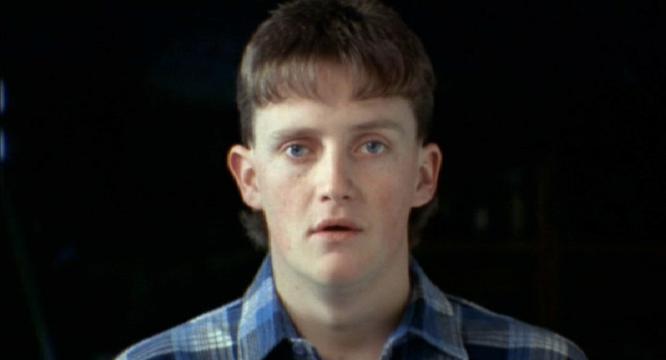A good read, and something we need to keep in mind with the referendum debate
What an odd article. The Māori people signed a treaty with the Crown. This treaty was ignored by the government, and still seems to have no legal binding. A tribunal was created to call out breaches of the treaty. This tribunal is independent, was not created by the government, and any finding made by the tribunal can be disregarded by the government on a whim.
Yet at the end of the article, Minister Davis says that a Treaty would be a ‘unifying moment’? Why? Because it means that Indigenous Australians would have to try even harder to be heard?
Maybe we could do it right this time
I agree it ends in a weird spot. From my experience as a wetjala/pākehā growing up in Pilbara town with indigenous Australian majority, and having lived in NZ from 2017-2021, I feel that NZ is a better example of cohabitation between indigenous ethnic groups and British colonists, not to mention many other Pasifika and other ethnic groups. I think with my individual frame of reference, the positive impact of actually honouring the treaty over time is clear to see in compared outcomes. Of course, this isn’t to say Māori people enjoy equality of outcome to westerners. NZ continues to have a shocking amount of poverty, and I don’t have any data to support my comparison favouring NZ. Just a bit of a shame that other than with use of language, the outcomes examined in the article seem totally abstract.
Also, I think the implied equivalence between the treaty of Waitangi and the indigenous Australian voice to parliament is silly and demonstrates an eagerness to forget the bloodiness of our history, which is not equally shared by NZ’s. Neither in terms of casualties nor the recency of systemic discrimination.
@unionagainstdhmo
Wow.The headline that the ABC has put on this article is just plain misleading.
If Māori aren’t offended by this article claiming to showing their message I’ll be surprised.
Hey, just a little nudge, if you’re keen to chat about the Voice to Parliament, we’ve got this corker of a megathread where we can all have a good chinwag in one spot. But if you’re not up for that, no worries, it’s business as usual. Gotta keep things fair dinkum!
What is it with these rage bait articles being shoved in our faces.
This is the best summary I could come up with:
Almost two hundred years ago, Aotearoa’s renowned Te Tiriti O Waitangi/Treaty of Waitangi was signed — a formal agreement between Māori chiefs and the British Crown that sought to bring together two cultures, two different worlds.
Land was confiscated under the New Zealand Settlements Act, Te Reo Māori was forbidden to be spoken and bloodshed and protests continued.
Not everyone supported the agreement or had the opportunity to sign — and despite this, three months later Captain William Hobson, New Zealand’s first governor declared sovereignty over Aotearoa.
“Most of that comes from poverty, living low wage jobs where the labouring work, wears your body out earlier … that’s 69 per cent higher than any other demographic in the country.”
Dr Hickey says the Treaty and the Waitangi Tribunal play an important role ensuring Māori voices are guiding decisions and policies that affect them.
“The treaty actually gives me my rights as a Māori woman to be able to exercise and live in my cultural world as much as being a part of Aotearoa in a larger sense,” she says.
The original article contains 1,058 words, the summary contains 177 words. Saved 83%. I’m a bot and I’m open source!






